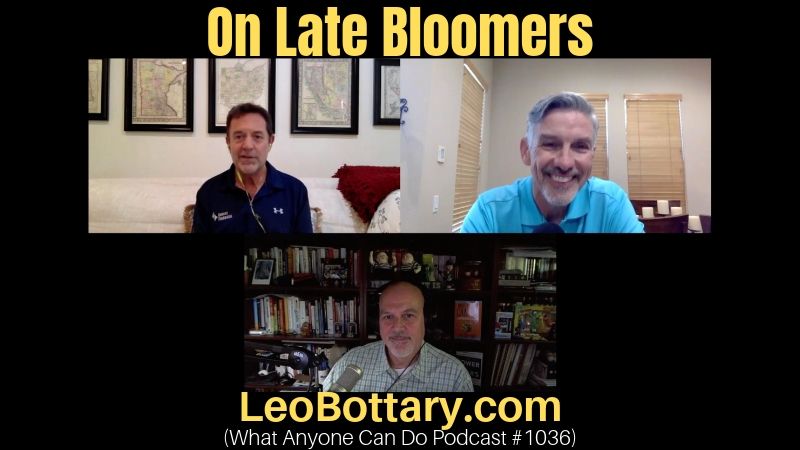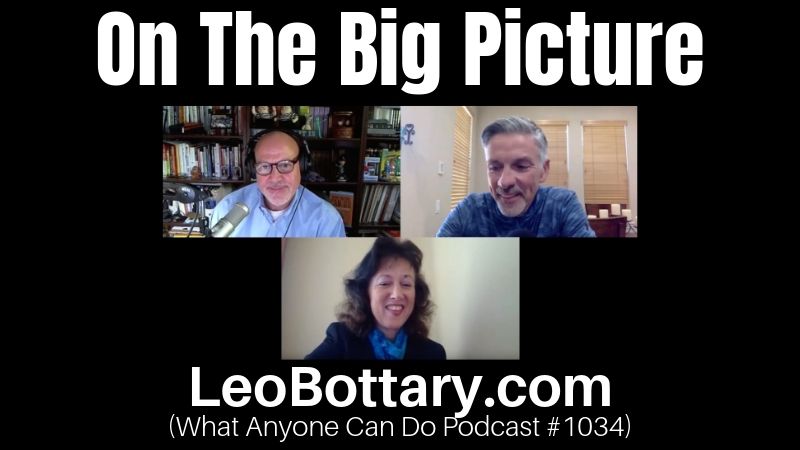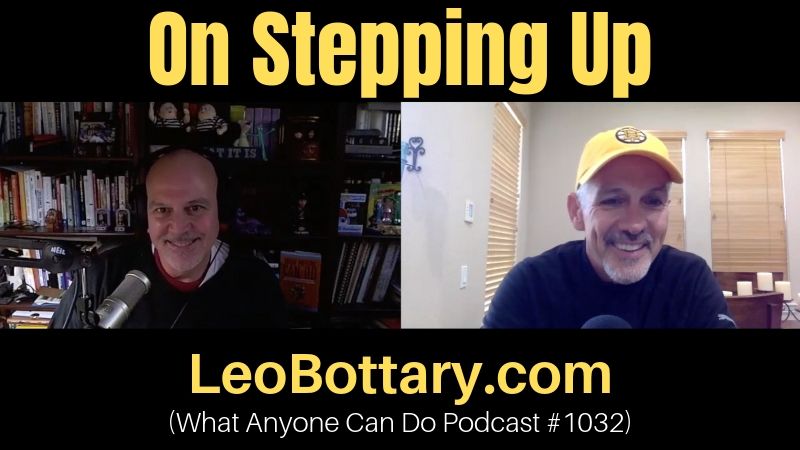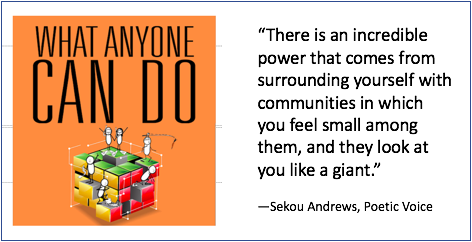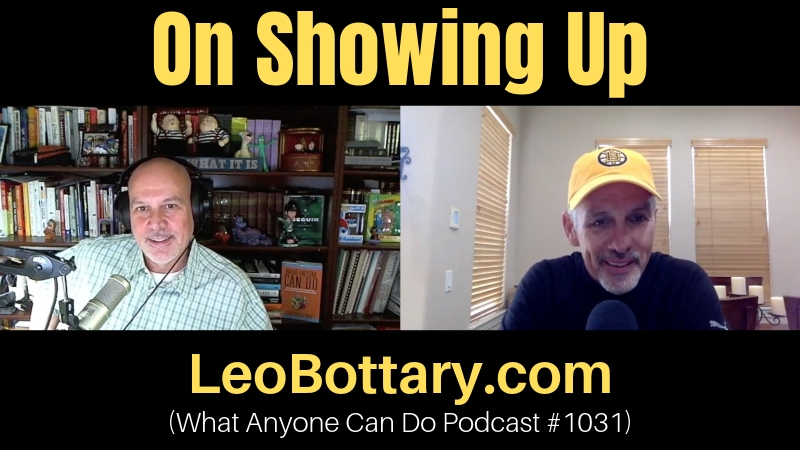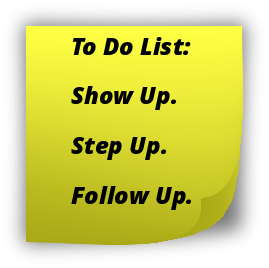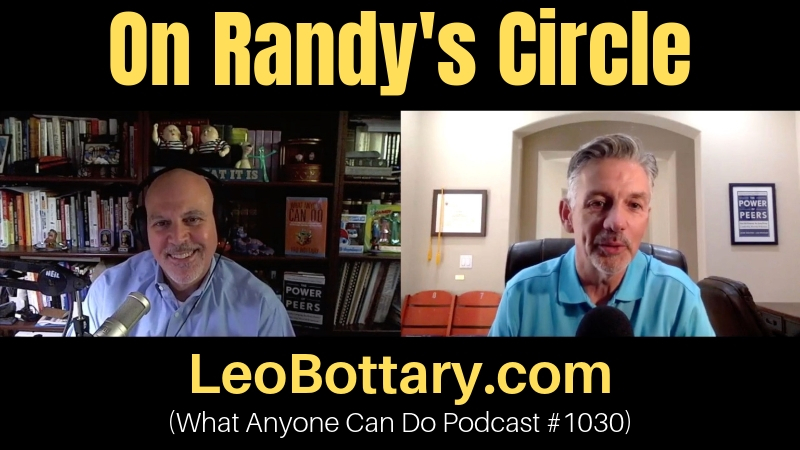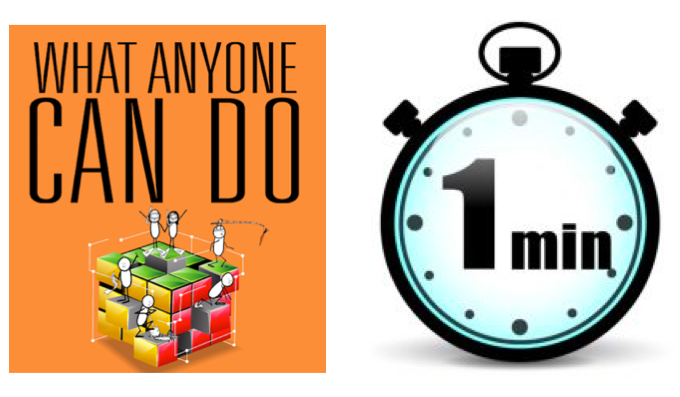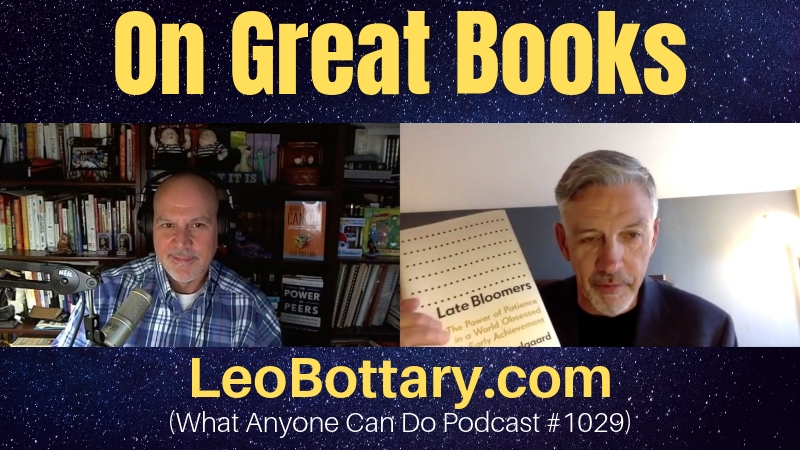If you’re a peer advisory or mastermind group member and you want your group to perform at an even higher level, understand that it all starts with you! Being a more valuable group member is the first step to building an even higher performing group. As Jim Kouzes and Barry Posner so famously outlined in their five exemplary leadership practices, it’s up to you to “Model the Way.” You may not be the leader of your group, but you can always be a leader in your group.
After facilitating more than 100 workshops aimed at helping new and experienced peer advisory groups squeeze the most value out of their time together, two findings have consistently emerged: 1) The strength of the overall group rests in the hands its individual members; and, 2) there are three things a member can do to immediately up his/her game to everyone’s advantage: Show up. Step up. Follow up.
Show up. If you believe that 80% of life is about showing up, then understand that to be a really good member, it’s that and then some. If you (and your fellow members) don’t attend meetings consistently, the group will never realize its true potential. I use the five factors for high performing peer groups described in The Power of Peers to help groups assess their current performance against what they believe to be ideal. These factors include: 1) Having all the right people in the room; 2) a safe and confidential environment; 3) valuable interactions that provide meaningful and actionable takeaways; 4) a culture of member-to-member accountability; 5) a servant leader who serves as the steward of the first four factors. Every time you don’t attend a meeting, it’s not just a loss for you, you’re sabotaging the group’s ability to perform at its best. Life happens, but being a great member starts with being there.
Step Up. Since you’re at the meeting anyway, you might as well bring your A game. This starts with being prepared. CEOs, small business owners, and key executives alike have admitted to me countless times that they are less prepared for their group meeting than any other meeting on their calendar. For those who do prepare, it’s obvious to the other members, and best of all, it’s easy. I haven’t had one “prepared” member yet tell me that it takes any more than 15 minutes to get ready for a group meeting. The better prepared you are, the more engaged you’ll be. The more engaged everyone is, the better your group will perform.
Follow up. Let’s say you ask for assistance from your group to either assess a potential opportunity or address a tough challenge. With the group’s help, you arrive at a conclusion as to how you will proceed. Be sure to follow up with the group at the next meeting (and after that as necessary). Letting your members know what you’ve done serves as an expression of gratitude for the time they spent helping you, it contributes to a positive culture of member-to-member accountability, and becomes an invaluable learning opportunity for everyone. This is when everyone learns about what worked and what didn’t work – invaluable information that eventually becomes a critical part of a group’s ever-changing DNA.
While I feel fortunate to have captured a great deal of data about the specifics of how to take any group to the next level, consider this: If your group can’t take my workshop, start with these three action items. You’ll notice an immediate and palpable difference in your group’s performance. Just remember, it all starts with you.

